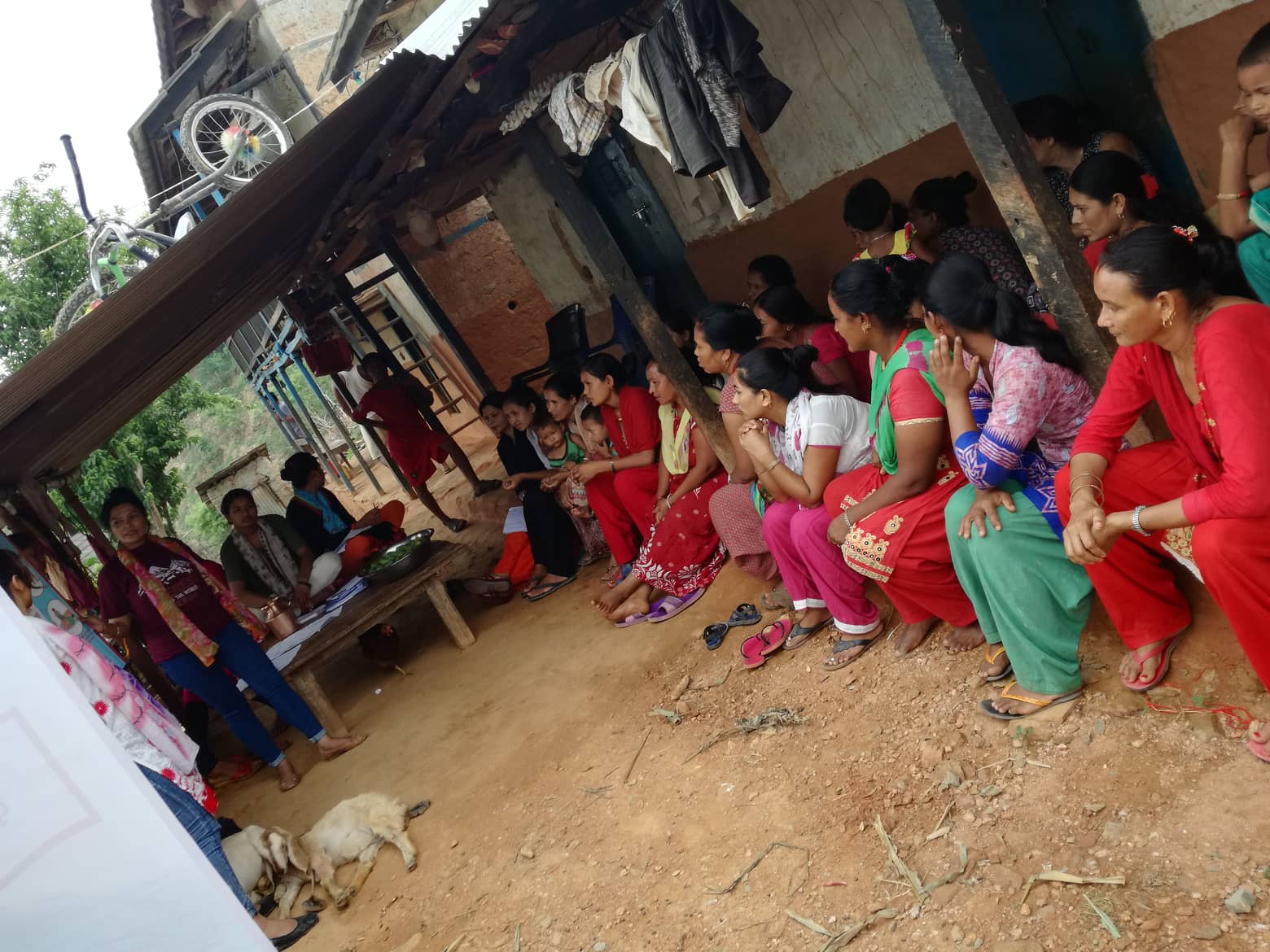Targeting health messages in rural Nepal

Over the last two years, Nepal’s prominent social marketing organization—the CRS Company—implemented a social and behavior change program called the Remote Area Initiative (RAI). The RAI program operates in four extremely rural areas of Nepal with some of the lowest maternal, child, and reproductive health outcomes.
The RAI program aims to increase adoption of healthy behaviors such as using ORS and zinc for childhood diarrhea, delivering babies in a health facility, washing hands with soap and water, and birth spacing. The intervention employs an array of interpersonal communication and mass media techniques including women’s and men’s groups led by trained community change agents, interactive theater performances, and radio drama programs informed by community experiences.
Prior to launching the RAI program, SHOPS Plus conducted a baseline knowledge, attitudes, and practices household survey in the intervention areas to pinpoint district-specific motivators and barriers to healthy attitudes and behaviors. SHOPS Plus and CRS interpreted the findings together to develop a nuanced social and behavior change program that aligned with local needs. For example, in one district more than half of mothers delivered a baby at home in the last three years, so the campaign focused primarily on the importance of delivering in a health facility. Another district’s educational materials, instead, focused more on water purification due to the high level of untreated water found in the baseline survey. Across districts, community change agents discussed with both men and women the importance of birth spacing, spousal communication, and information about a wide array of family planning methods.
Anecdotal data show the promise of CRS’s community-based program to reach women, men, and families with new information and help them understand the importance of health-seeking behaviors. One RAI participant noted, “I am interested in family planning because in my community there are a lot of early marriage couples, so it helps to counsel them not to get pregnant early.”
After implementing the program for two years, SHOPS Plus will return to the RAI areas to conduct an endline survey evaluating the effectiveness of the program on key outcomes including appropriate management of childhood diarrhea, use of modern contraceptive methods, and use of maternal health services like antenatal care and facility delivery.
Check back here for evaluation results in spring 2020.
Learn more about our work in Nepal.